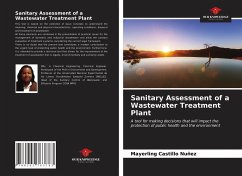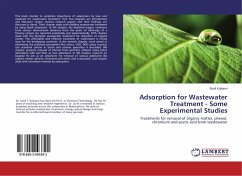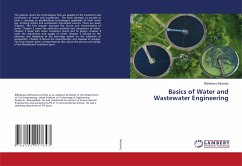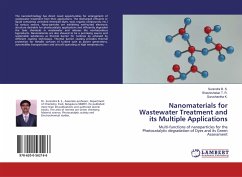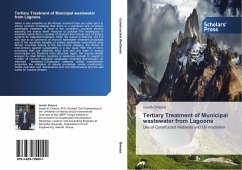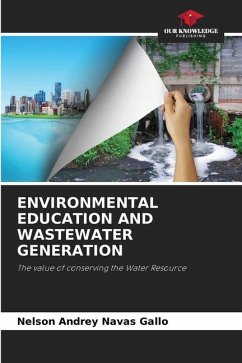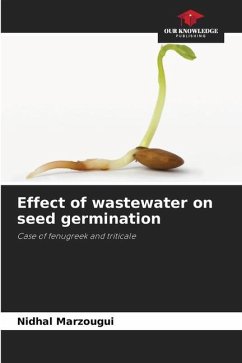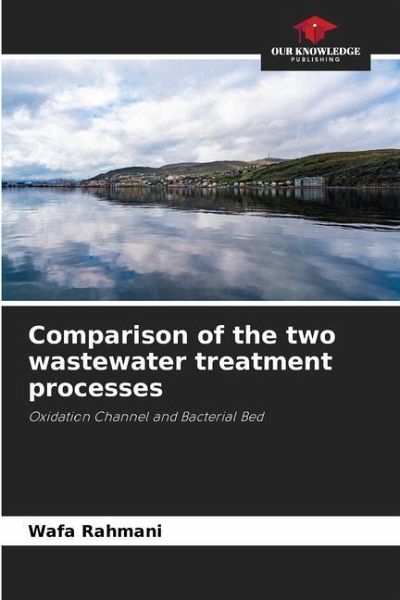
Comparison of the two wastewater treatment processes
Oxidation Channel and Bacterial Bed
Versandkostenfrei!
Versandfertig in 6-10 Tagen
33,99 €
inkl. MwSt.

PAYBACK Punkte
17 °P sammeln!
Currently, the resolution of water pollution problems involves a multidisciplinary approach in which the quality of water depends on the requirements of agriculture, urbanism, recreation and industries. The demographic, economic and urban increases are at the origin of different sources of environmental pollution hence the need for its purification.In this study we have established a comparison of the two processes of wastewater treatment in the region of Kairouan and Bouhajla during the first four months of 2013 and which are as respectively: oxidation channel and bacterial bed. The compariso...
Currently, the resolution of water pollution problems involves a multidisciplinary approach in which the quality of water depends on the requirements of agriculture, urbanism, recreation and industries. The demographic, economic and urban increases are at the origin of different sources of environmental pollution hence the need for its purification.In this study we have established a comparison of the two processes of wastewater treatment in the region of Kairouan and Bouhajla during the first four months of 2013 and which are as respectively: oxidation channel and bacterial bed. The comparison was based on:-Comparison of the operation of the two WWTPs;-Operating parameters of the two WWTPs;-Stability study which is reflected in the stability of the values of BOD5, COD and TSS of each plant at the outlet;-Settling performance;-Sludge production;-Comparison of energy consumption;-Comparison of biological qualities of wastewater. This study is very important to establish the relationship between the benefit of a given water quality and the cost of obtaining such quality.



